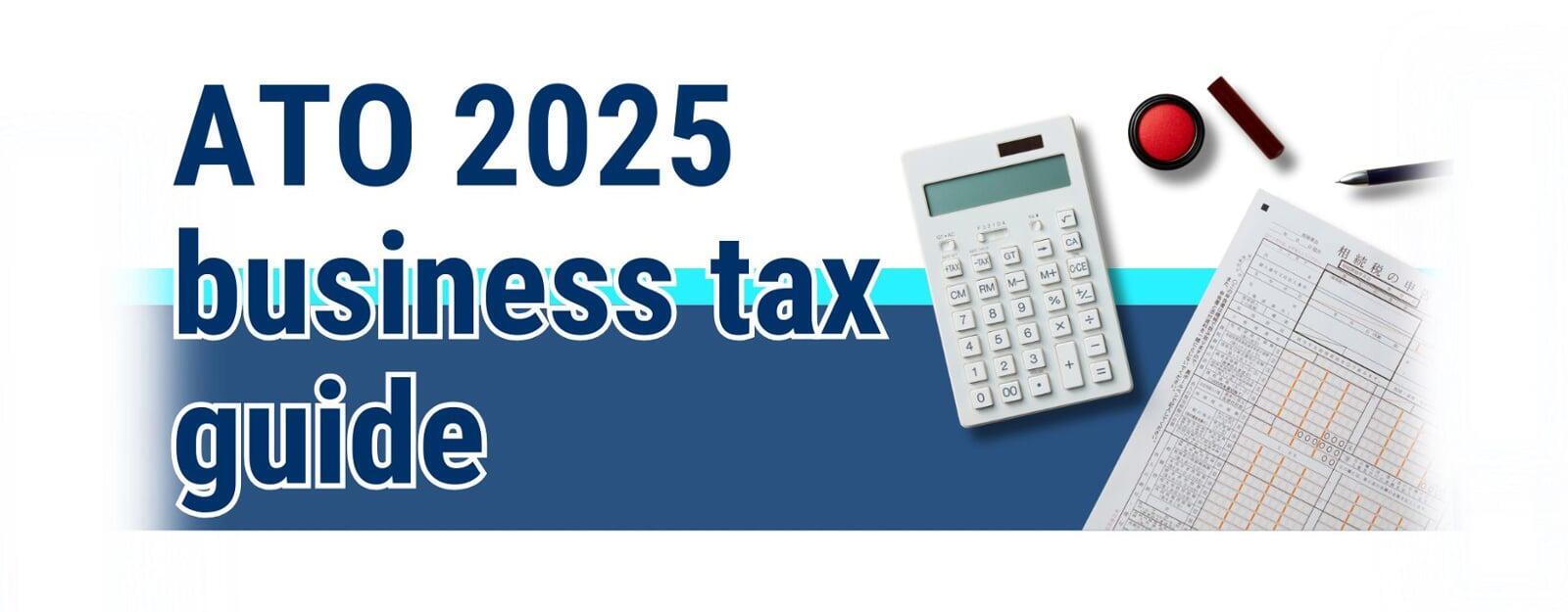ATO Guide for Businesses & Tax Agents in 2025
Key Issues & Priorities
ATO Debt Is a Big Focus
The ATO’s debt book ballooned during COVID from about AU$25 billion to nearly AU$50 billion, with small businesses responsible for about 65% of that debt.
To reduce this, the ATO is pushing for earlier engagement, offering payment plans and reminding that non-payment can lead to stronger enforcement actions like garnishee notices and director penalty notices (DPNs).
Payment Plans & Enforcement
Many businesses historically delayed engagement; the ATO has seen this issue worsen during COVID. Now, they emphasize that businesses should proactively reach out if they can’t pay.
For those who don’t engage or continue to default, stricter actions will be taken more quickly. Enforcement may include director penalty notices, garnishee actions, and disclosures to credit reference agencies.
General Interest Charge (GIC) Remissions Being Tightened
The ATO has been approving many GIC remission requests in past years—sometimes too leniently. Now, fewer will be granted, especially where delays or non-payment appear deliberate.
The ATO is reviewing its remission guidelines, staff training, and decision tools to improve consistency and fairness in how these are handled.
Improving Service & Support to Agents & Vulnerable Taxpayers
One complaint from tax-agents is inconsistent decision-making in how the ATO handles GIC remission, payment plan approvals, etc. The ATO acknowledges this and plans to make its processes more transparent.
Also discussed: how the ATO can better support taxpayers who are vulnerable, and how tax agents can help clients navigate obligations.
Modernisation, Automation & Operational Efficiency
The ATO is increasing its resources and capability in enforcement, but also working to improve its internal systems to reduce delays, improve consistency, and deliver better customer service.
Practical Tips from the Podcast
Engage Early: If there’s tax debt, don’t leave it unaddressed—contact the ATO early to negotiate payment plans or remediation.
Document Everything: Keep good records of correspondence, financial constraints, and any attempts to pay. These help when negotiating or applying for remissions.
Understand Eligibility: Especially for GIC remission, know the criteria—delay, hardship, inadvertent mistakes can be relevant, but repeated or deliberate non-payment will weigh against you.
Use ATO Tools & Support Resources: There are help tools, payment plan options, guidance documents; make use of them rather than trying to guess the rules.
Why All This Matters
The regulatory environment is tightening. The ATO is shifting from lenient “go-soft” periods to more active enforcement due to pressures on public revenue and fairness (making sure everyone plays by the same rules).
Small businesses and tax agents who ignore early warning signs risk facing high penalties, enforced debt recovery, and potentially negative impacts on reputation or credit.



































